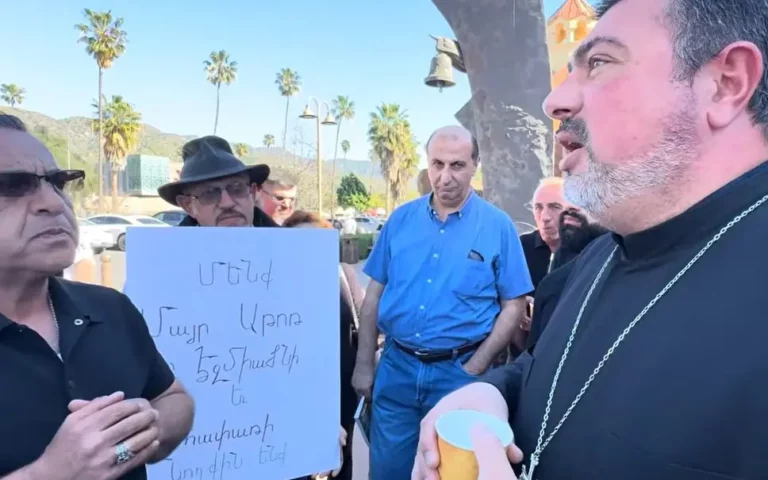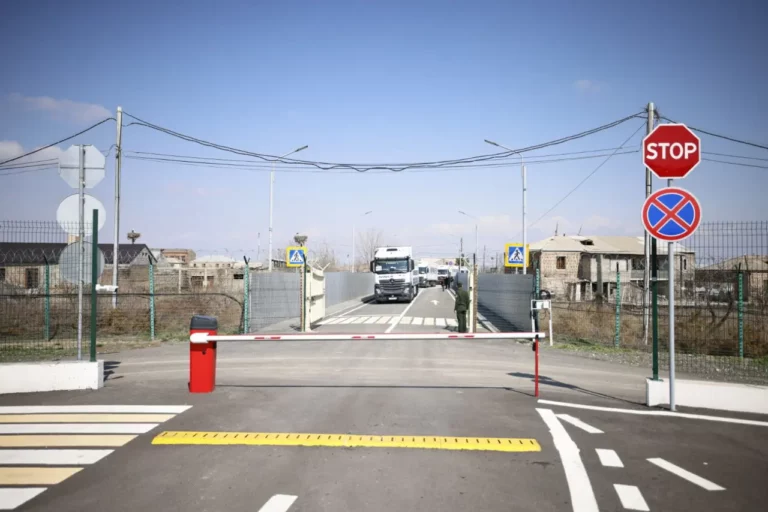Israel and Hezbollah are interested in truce —Andrey Chuprygin
Speaking with Alpha News, Arabist Andrey Chuprygin commented on the truce between Israel and Hezbollah and the situation in Syria.
“Everyone and their brother worked on the truce between Israel and Hezbollah—especially the United States. Today, both sides are interested in this truce, both Israel and Hezbollah. Of course, Hezbollah did not directly talk about this, but it was understandable because after the elimination of the top leadership, Hezbollah as an organization lost most of its combat capabilities; it suffered greatly. Therefore, of course, they needed to regroup, and for this they needed to get out of combat contact with the Israelis. For Israelis, this issue was also important.
By the way, Israeli Prime Minister Netanyahu said this. A day before the Israeli Cabinet agreed to a truce, they had a shortage of ammunition, and, in fact, the fatigue of the units was also felt. It became clear that waging a war on three fronts turned out to be very expensive for Israel. Moreover, the war has been going on for more than a year. This is the first time in Israel’s history that there has been such a long period of fighting. So, it is a win-win situation,” Chuprygin said.
“There is another winning side, the US presidential administration, which has worked very actively in this direction with Israel, Lebanon, and Hezbollah. Because now Joe Biden can safely say that he managed to reach peace in at least one local conflict. This is very important for him,” Chuprygin said.
According to the orientalist, there are many pitfalls in this truce.
“The truce itself is only for 60 days, and there are, of course, a lot of pitfalls. If something goes off, Israel will start fighting again. So, it seems to me that so far this is a very flimsy story. Moreover, rather unexpected processes are also beginning inside Lebanon. A couple of days ago, the former president of Lebanon openly spoke out and said that this truce was not necessary because it gave Hezbollah an opportunity to take a break, gain strength, and control the situation inside Lebanon again. So it’s not over yet; we’ll see what happens inside this ceasefire deal and outside this deal in Lebanon itself,” Chuprygin concluded.







